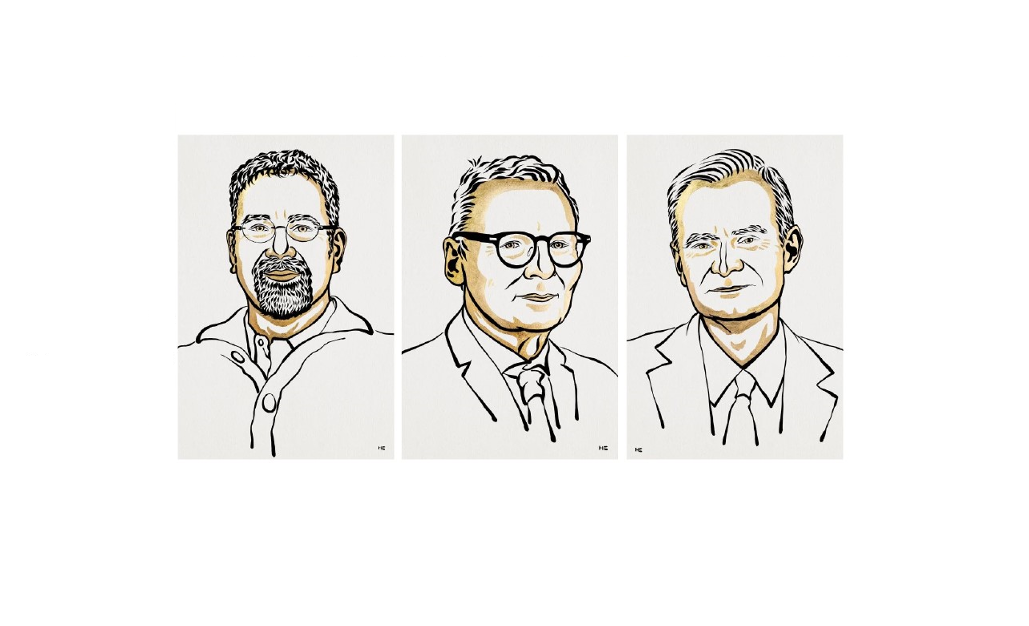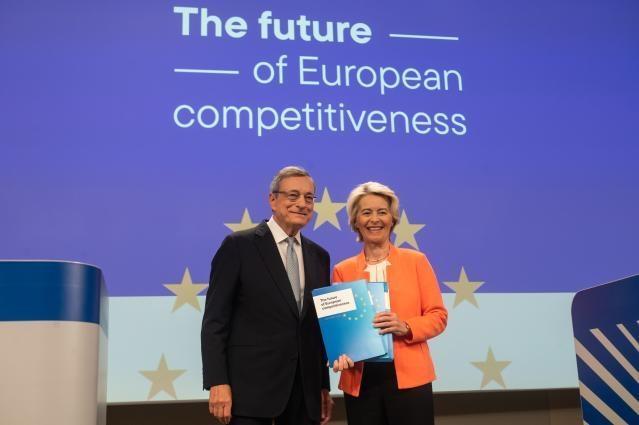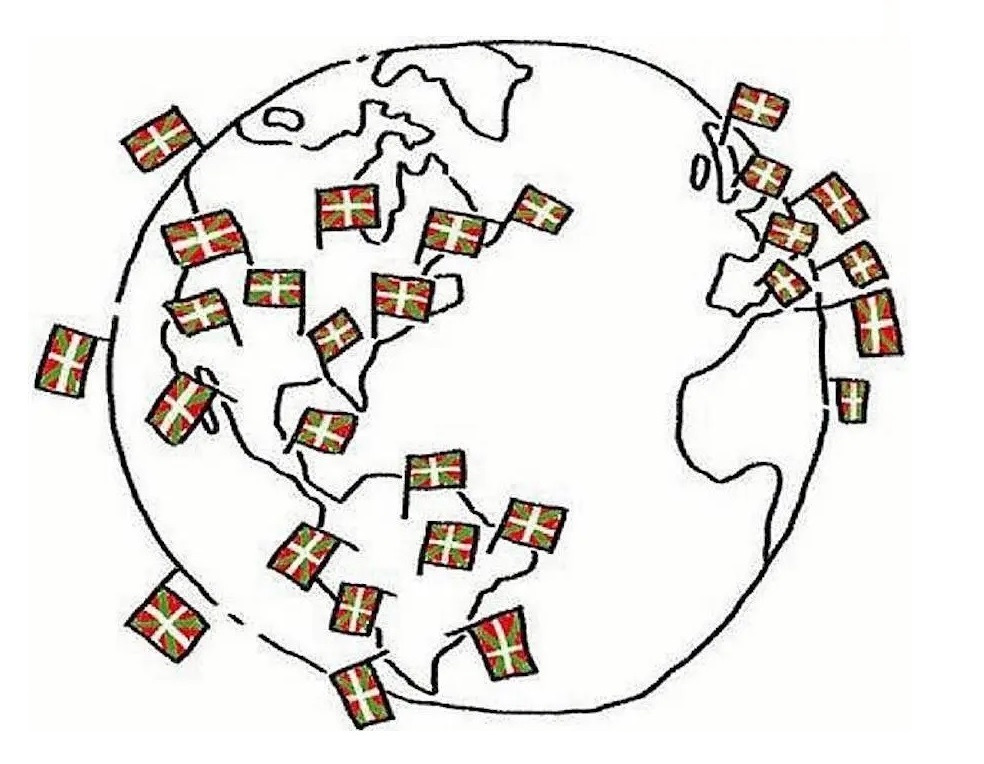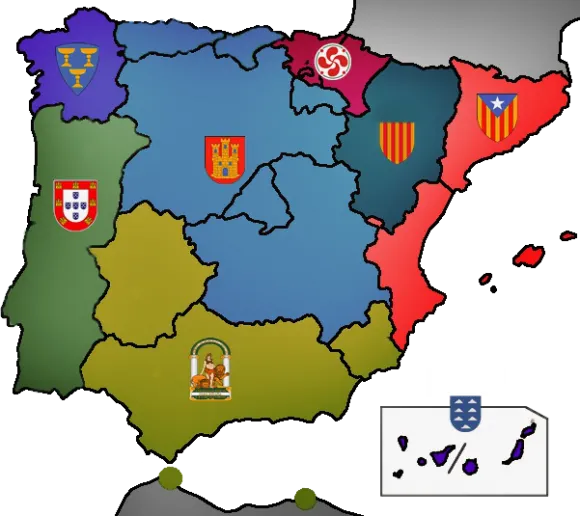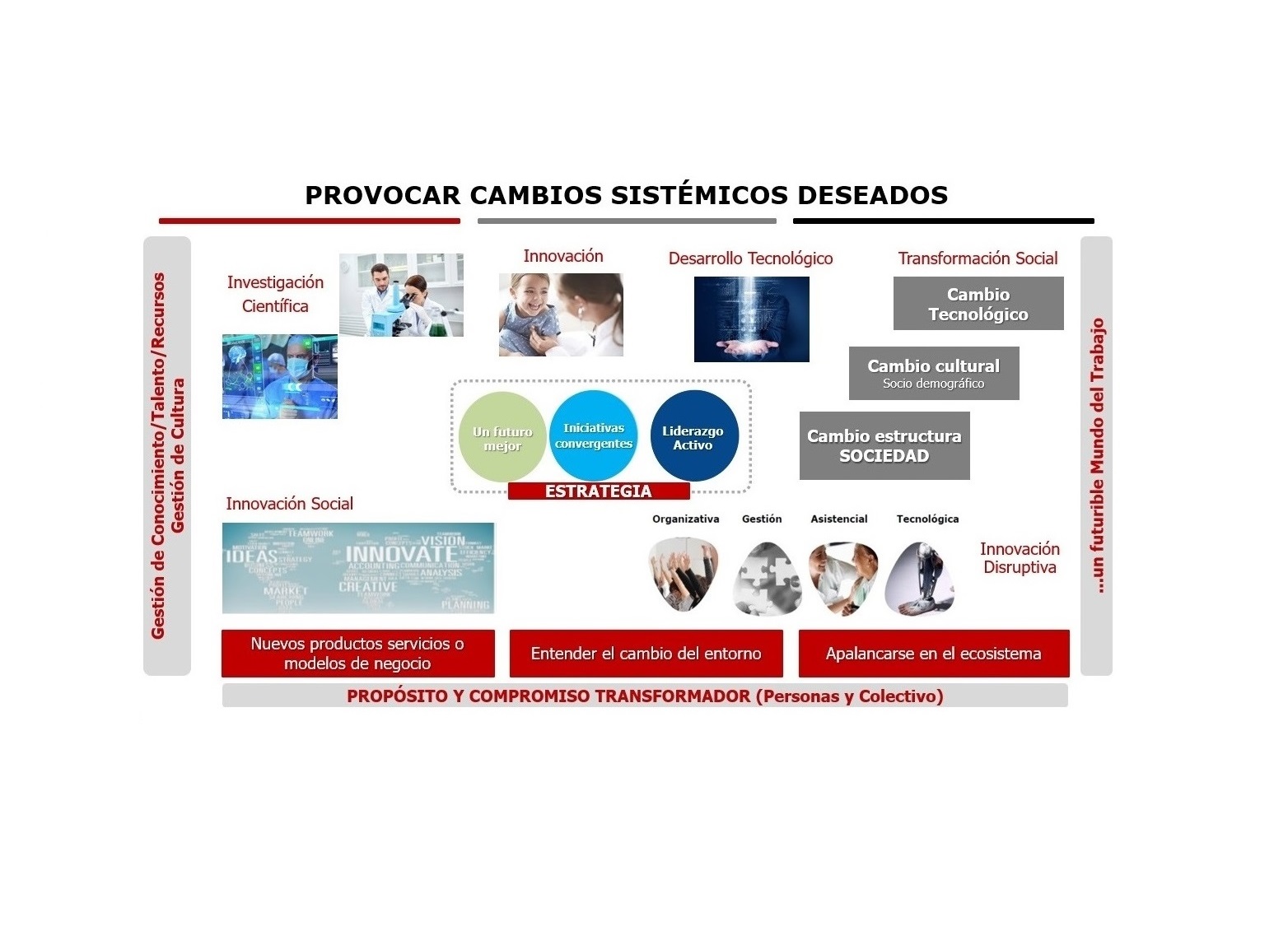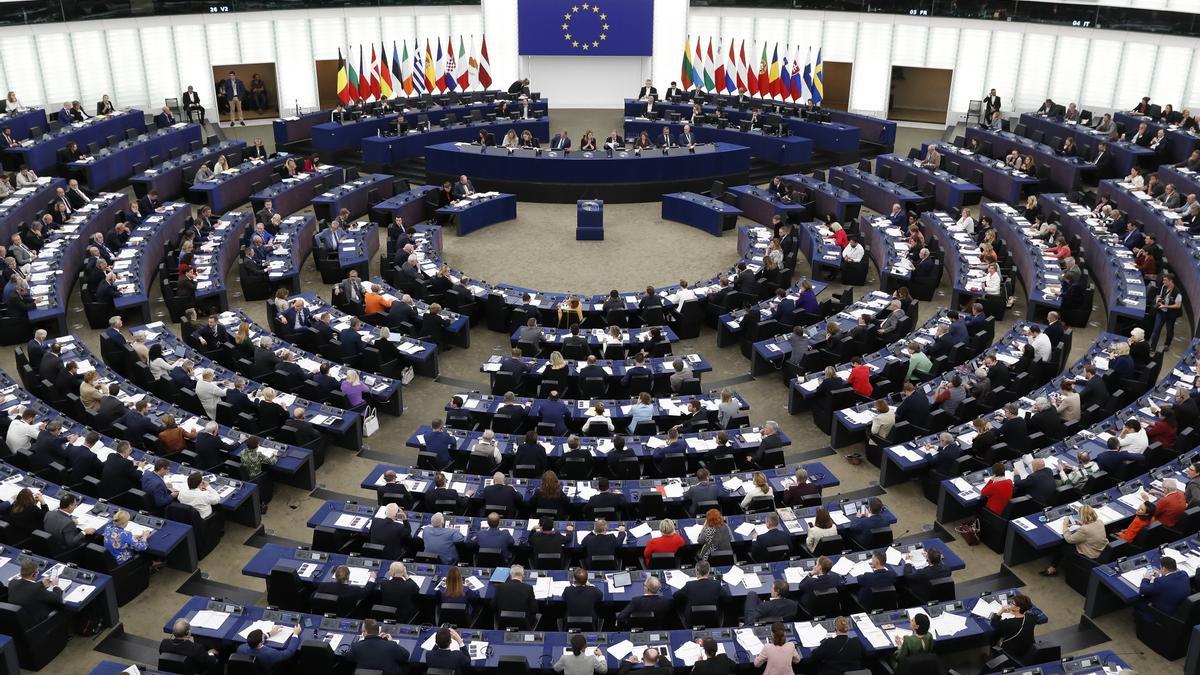
Work Academy rewards talent and commitment
“We are looking for people who, in addition to a good academic level, want to grow and work as part of a team.”
PwC ha incorporado a Jon Azua, profesor e investigador en la Red de Competitividad de Universidad de Harvard y consejero de diversas instituciones educativas y empresas de primer nivel, para poner en marcha un programa formativo pionero en Europa: Work Academy. Este proyecto permitirá a los profesionales de la firma de servicios profesionales arrancar su carrera profesional y potenciar, al mismo tiempo, su currículum académico. Azua, que también ha sido Vicelehendakari y consejero de Industria del Gobierno vasco, tiene como misión desarrollar este proyecto de PwC y darlo a conocer a la comunidad educativa y empresarial.
¿Qué es Work Academy y en qué se diferencia de la formación que ofrecen muchas empresas a sus trabajadores?
En primer lugar, PwC siempre ha estado comprometido con la formación, aprendizaje de sus profesionales, combinando un espacio de generación de talento, asimilando múltiples modelos comparados con las llamadas Universidades Corporativas en colaboración con Instituciones Académicas de primer nivel. Con Work Academy lo que buscamos es dar un paso más allá adaptándonos a los tiempos, los nuevos perfiles demandados por nuestros clientes y sociedad, alineado con la Estrategia de la firma. Queremos que nuestros profesionales, además de aprender y ejercer de forma excelente y competitiva su profesión de auditor, consultor, abogado, fiscalista o experto en transacciones como hacían hasta ahora, podrán demostrar los conocimientos adquiridos en su desempeño diario con un título de Experto a los dos años y con un Máster en cuatro años. Para materializar esta iniciativa única en Europa hemos llegado a un acuerdo con el CEU, que permitirá que el reconocimiento profesional no lo hagamos nosotros sino un tercero experto en aprendizaje, desde el mundo de la Universidad. Llevamos trabajando conjuntamente en la generación de una plataforma de diseño, generación de currículo, ciclos y cursos formativos acreditados en el triple esfuerzo de desempeño laboral, formación de máximo rigor y cualificación y acreditación.
¿Por qué habéis decidido enfocar el programa en el comienzo de la carrera profesional?
Los primeros años de la carrera profesional de una persona son clave para determinar su futuro, especialmente en un mundo tan disruptivo como el actual en el que la transición digital y energética o la Inteligencia Artificial están transformando la sociedad y el mundo empresarial. Con proyectos como Work Academy buscamos atraer el mejor talento en este entorno cada vez más competitivo y aportar a los profesionales que liderarán el mañana que puedan acreditar los conocimientos que van adquiriendo durante su desempeño profesional con un posgrado de una institución educativa. Para entender la magnitud de la apuesta de Work Academy solo hay que ver que cerca de 4.500 profesionales de PwC podrían obtener su título universitario en los próximos cuatro años.
¿Qué valor aporta este programa con respecto a otros proyectos formativos o títulos universitarios?
PwC tiene mucha experiencia en formar a los mejores profesionales, aportándoles el know how que necesitan para afrontar los proyectos que demandan los clientes de una manera excelente. Para el profesional el valor es evidente ya que les permitirá arrancar la carrera profesional en una empresa líder, ir ganando experiencia y, al mismo tiempo, obtener un título universitario que lograrán gracias a su compromiso y dedicación en su puesto de trabajo. La firma aspira a que esta apuesta le permitirá seguir incorporando a sus filas a los mejores profesionales, fidelizarlos y motivarlos. Work Academy no es un proyecto formativo más o una herramienta de reclutamiento sino una apuesta estratégica de PwC para captar a los mejores, a los profesionales que, en plena transición digital y tecnológica, marcarán la diferencia. Work Academy ha iniciado su recorrido centrado en los nuevos profesionales que ingresan en la firma y vamos extendiendo su adaptación a profesionales con diferentes grados de experiencia y trayectoria profesional. Creemos que este proceso aporta valor diferencial al profesional, por supuesto a la firma, así como a la sociedad y empresas-clientes que tendemos, enriqueciendo la calidad, capacidad y cualificación de los equipos con los que prestamos nuestros servicios profesionales.
¿Cómo será el proceso de selección para entrar en el programa Work Academy?
La selección es similar a la que hace PwC para incorporar a los profesionales que entran a trabajar en la firma cada año. Buscamos a personas con talento que, además de buen nivel académico, quieran crecer, trabajar en equipo. Queremos acabar con la desafección creciente observable en determinados contextos y entendemos imprescindible el esfuerzo inversor (no solo tiempo o dinero) de las empresas en la cualificación especializada de la oferta profesional requerida. Queremos acompañar a nuestra gente en su desarrollo progresivo, premiando el esfuerzo, la excelencia, el compromiso y el trabajo en equipo.
¿Cuáles son las distintas especialidades que ofrecéis?
El catálogo es muy amplio. Mediante un desempeño profesional excelente y las horas dedicadas a la formación y el estudio imprescindible para trabajar en las distintas áreas de la firma, los profesionales de PwC España podrán conseguir un Máster en Servicios profesionales en 16 especialidades distintas según su dedicación, trabajo asignable y preferencias personales. Los profesionales de Auditoría podrán conseguir su título especializado en Auditoría de fondos públicos; Auditoría digital; Auditoría financiera y no financiera; Cumplimiento y regulación en el sector asegurador; Cumplimiento y regulación del sector bancario; Función financiera, Mercado de capitales, y Gobierno, riesgos, sostenibilidad y cumplimiento. Los de Consultoría podrán especializarse en Consultoría estratégica; Consultoría de ciberseguridad, gobierno de datos y riesgos tecnológicos, y Consultoría de negocio. Por su parte, los abogados y fiscalistas de PwC Tax & Legal se formarán en Asesoría en estrategia y reporting de la función fiscal; Asesoría en Recursos Humanos, y Asesoría fiscal corporativa; Asesoría jurídica corporativa. Y los del equipo de Transacciones podrán obtener su título universitario en Asesoría en transacciones financieras y Asesoría en servicios forenses. Es un amplio principio que evolucionará atendiendo a las demandas y experiencia cambiante a lo largo del tiempo y de la propia Estrategia de PwC.


